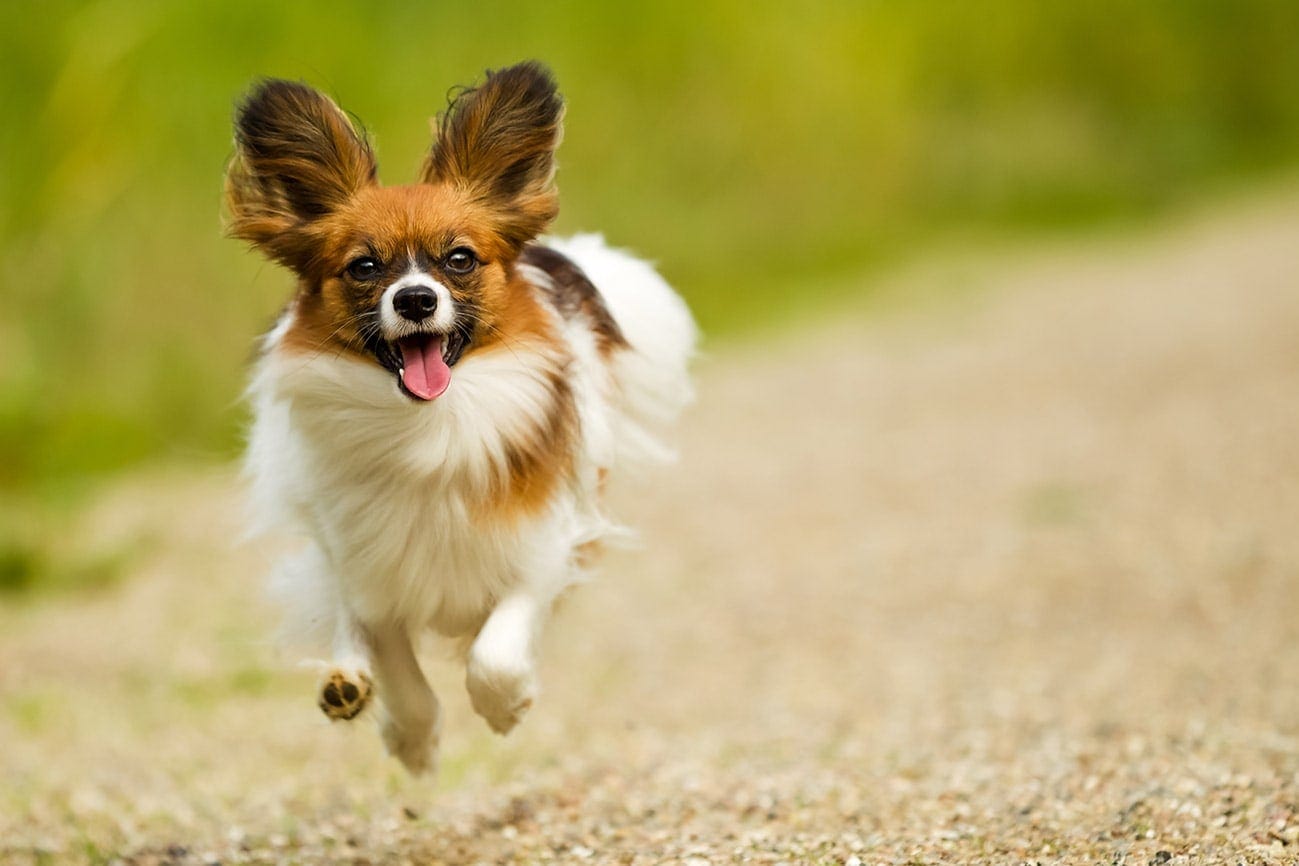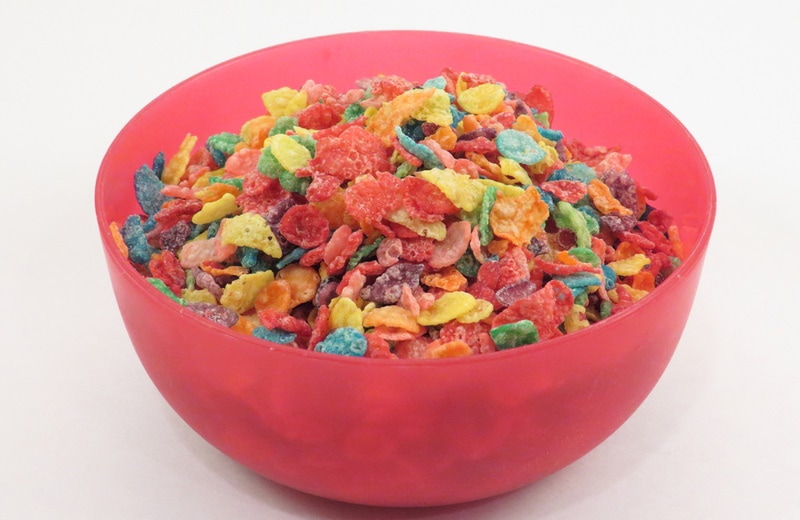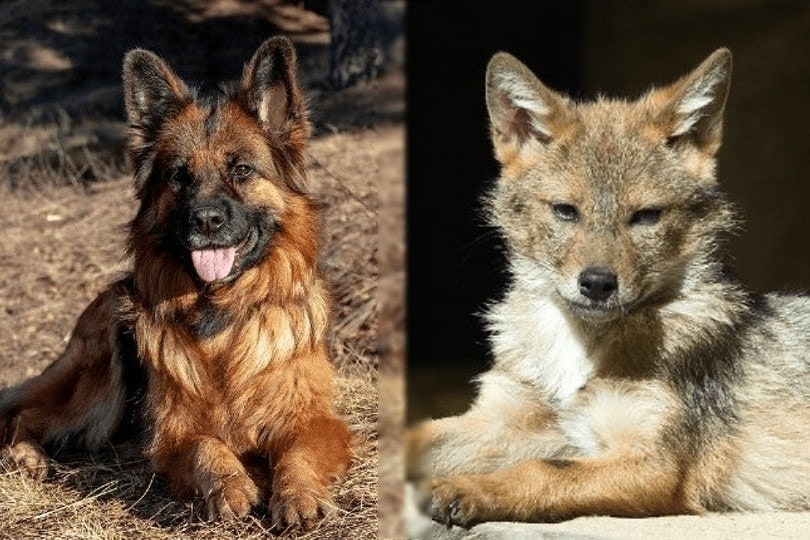How Long Do Papillons Live? Average Lifespan, Data & Care Guide

Updated on

Click to Skip Ahead
Despite descending from sporting Spaniels, Papillons appeared over 300 years ago as laid-back and attentive pets to Europe’s nobility. Papillons lucked out by having surprising longevity, letting them live for up to 14-16 years. Today’s Papillons are no less resilient, and the breed is well-known as one of the longest-living varieties.
As owners, we can bond with these outgoing, alert, and highly receptive dogs for many years. But you can’t take the Papillon’s durability for granted. Without proper care, debilitating issues like obesity, heart disease, and cancer can take a premature toll on any dog. Let’s discuss how long Papillons live and what you can do to ensure the most fulfilling life possible.
Papillon Average Lifespan
Papillons live for an average of 14–16 years, which is one of the lengthiest lifespans of any dog. Smaller dogs tend to age slower than large dogs, typically outlasting them by several years. Although they initially rose to fame as lap-warming dogs, Papillons boast a Spaniel lineage. With a purposeful pedigree, they’re well-developed, athletic, and active, which are traits a healthy dog needs to stay young.

How to Care For Your Papillon for a Long Lifespan?
While Papillons can live for an impressively long time, an individual dog’s lifespan depends on their owner. From before you even adopt your dog, you have control of your pet’s health to a considerable degree. No matter the breed, tending to a dog’s physical, mental, emotional, and social health is the only surefire way to ensure a long life.
Feeding & Diet
Papillons deserve high-quality foods with natural ingredients and animal-based proteins as the main component. Meals must match the dog’s life stage and individual needs, as growing pups need more calories and nutrient-dense food. Maturing quicker than most dogs, Papillons are generally ready for adult food in only 9–10 months. Initial conversations with your vet will help you determine the best food based on your dog and your budget.
As a toy breed, Papillons are prone to hypoglycemia without regular food intake. Puppies typically start with about 3–4 daily meals to maintain a consistent energy supply, while older Papillons can get by on a morning and evening meal. Weighing in at 5–10 pounds, adult dogs don’t need much food in each meal. About ¼ – ½ cups daily is sufficient, with treats making up no more than 10% of their daily calorie intake.
Exercise
Adequate daily exercise is crucial in maintaining a healthy weight. Obesity significantly reduces longevity, often by several years. Fortunately, keeping your Papillon’s form in check doesn’t take much effort. They only need about 30 minutes of daily exercise, which you can split among morning and evening walks, backyard playtime, or socializing at the park.
Papillons are biddable and energetic, making competitive sports a natural fit. They’re exceptional at agility courses, giving you an outlet for them to bond, socialize, and burn off some calories.

Environment
Papillons are highly adaptable dogs that can flourish in nearly any setting with proper attention. Sporting a more delicate frame, they need extra-close supervision around young children to prevent injury. They’re eager to please, so you can easily crate-train them and provide a designated space when you leave for the day. Their bright minds need stimulation, making a healthy selection of toys and activities essential to avoid boredom and unwanted behaviors.
Care
Alongside proper diet, exercise, and grooming, Papillons need attention and socialization for not only a longer life but also a more satisfying one. As companions, first and foremost, they are highly intuitive, intelligent, and, subsequently, easy to train. Bonding is a pleasure, and engaging your dog will satisfy their desire for affection, helping their emotional well-being and confidence.
Acclimation to other people and pets is crucial. Anxiety and fear of strangers are associated with a shortened lifespan in pet dogs. Papillons thrive in social situations, making trips to the dog park and weekly training classes simple and stress-free. Frequent exposure to new situations and strangers will make your Papillon generally more relaxed and help prevent separation anxiety if your routine includes several hours away from home during the day.
Cleaning
Papillons are easy to groom. They have a moderately shedding single coat needing weekly brushing, though you may want to do it daily if they easily accumulate debris, mats, and tangles. Baths are necessary once every 1–6 weeks, and you should trim the nails at least once monthly to prevent pain and posture issues. Daily toothbrushing is critical in the care routine, as periodontal disease can cause numerous oral diseases that can spread throughout the body.

Breeding
Buying from a responsible breeder is the first step in ensuring your Papillon lives a fulfilling life. While most of the dog’s ongoing well-being is up to you, Papillons are predisposed to particular health issues, including:
- Progressive retinal atrophy (PRA): An incurable, non-painful condition resulting in vision loss
- Von Willebrand’s disease
- Neuroaxonal dystrophy
- Cataracts
- Open fontanelle
- Patellar luxation
Medical screenings from the breeder and background information on the dog’s parents will reveal underlying health issues that may affect their lifespan.
Healthcare
All dogs need frequent checkups and annual vaccinations to avoid common health threats. Vet visits offer a chance to gain advice and insights into your dog’s evolving needs. Meanwhile, flea, tick, and heartworm preventative medicines are necessary for indoor and outdoor dogs. Obtaining pet insurance for your Papillon is a wise move, as you gain peace of mind that you can weather any expensive emergency treatments.
The Life Stages of a Papillon
Breeders typically release their Papillon puppies when they are at least 10 weeks old. Due to the small size, the Papillon’s puppyhood is short, ending in under a year as their bodies reach their full development. They reach their senior years around age ten, an ideal time to discuss changing exercise, diet, and environmental needs with your vet.

How to Tell Your Papillon’s Age
Several physical markers can help you estimate your adopted Papillon’s age. Your vet is the best resource, but you can also look at signs like gray hair or your dog’s teeth. Adult teeth appear in 6 months, after which you can look for tartar, bad breath, or tooth decay to indicate an older adult dog. It’s an inexact science. You’ll need to look at several aspects like behavior, build, eye changes, and disease onset to get even the most general idea of your dog’s age.
Conclusion
Since they’re highly adaptable, intelligent, friendly, and athletic, the adorable Papillon is one of the canine world’s greatest gifts to dog lovers. Their extra-long lives are a true treat, allowing owners to earn years of cherished memories with their loyal pups. Papillons are delightfully easy to raise, needing only unconditional love and affection to lead their best lives.
Featured Image Credit: Fayzulin Serg, Shutterstock











